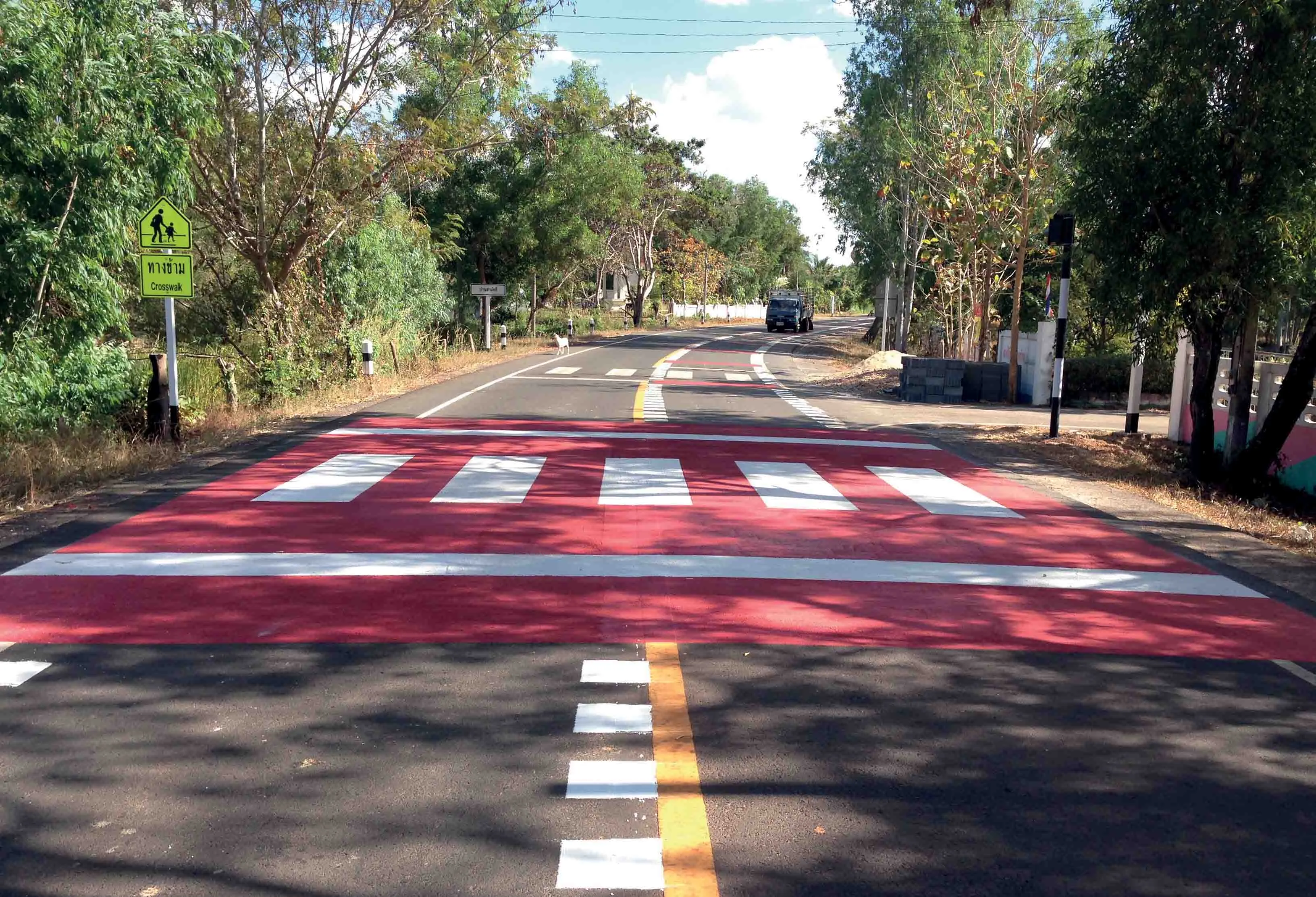The UK’s Transport Research Laboratory (TRL) says that road safety requires a major transformation to halve road fatalities by 2020. Data shows that road injuries present a significant public health concern worldwide. Road crashes are one of the top 10 causes of death globally. But despite roads in the EU becoming safer each year, the reduction of road fatalities since 2010 has reached a plateau.
In 2018, there were 25,100 reported road fatalities across the 28 EU member states. The average road fatality
June 27, 2019
Read time: 2 mins
The UK’s Transport Research Laboratory (TRL) says that road safety requires a major transformation to halve road fatalities by 2020. Data shows that road injuries present a significant public health concern worldwide. Road crashes are one of the top 10 causes of death globally. But despite roads in the EU becoming safer each year, the reduction of road fatalities since 2010 has reached a plateau.
In 2018, there were 25,100 reported road fatalities across the 28 EU member states. The average road fatality rate in 2018 was 49/1 million inhabitants, which constitutes a 1% decrease from 2017.
It is apparent that there is a lot of work to do if the EU is to reach its target of reducing road fatalities and serious injury by 50% before 2020, according to TRL.
A number of key factors in boosting safety have been identified by TRL, which provides leading research into road safety and is committed to developing safe transport systems for the future.
According to TRL, it is important to look at road safety as a major public health issue. And with traffic volumes increasing year-on-year, driver behaviours such as speeding and mobile phone use are key contributors to road injury. In addition, TRL says that it is vital for the transport sector to innovate new technologies that enable safer transport and shift gears in approaches to enforcement and education.
In 2018, there were 25,100 reported road fatalities across the 28 EU member states. The average road fatality rate in 2018 was 49/1 million inhabitants, which constitutes a 1% decrease from 2017.
It is apparent that there is a lot of work to do if the EU is to reach its target of reducing road fatalities and serious injury by 50% before 2020, according to TRL.
A number of key factors in boosting safety have been identified by TRL, which provides leading research into road safety and is committed to developing safe transport systems for the future.
According to TRL, it is important to look at road safety as a major public health issue. And with traffic volumes increasing year-on-year, driver behaviours such as speeding and mobile phone use are key contributors to road injury. In addition, TRL says that it is vital for the transport sector to innovate new technologies that enable safer transport and shift gears in approaches to enforcement and education.






